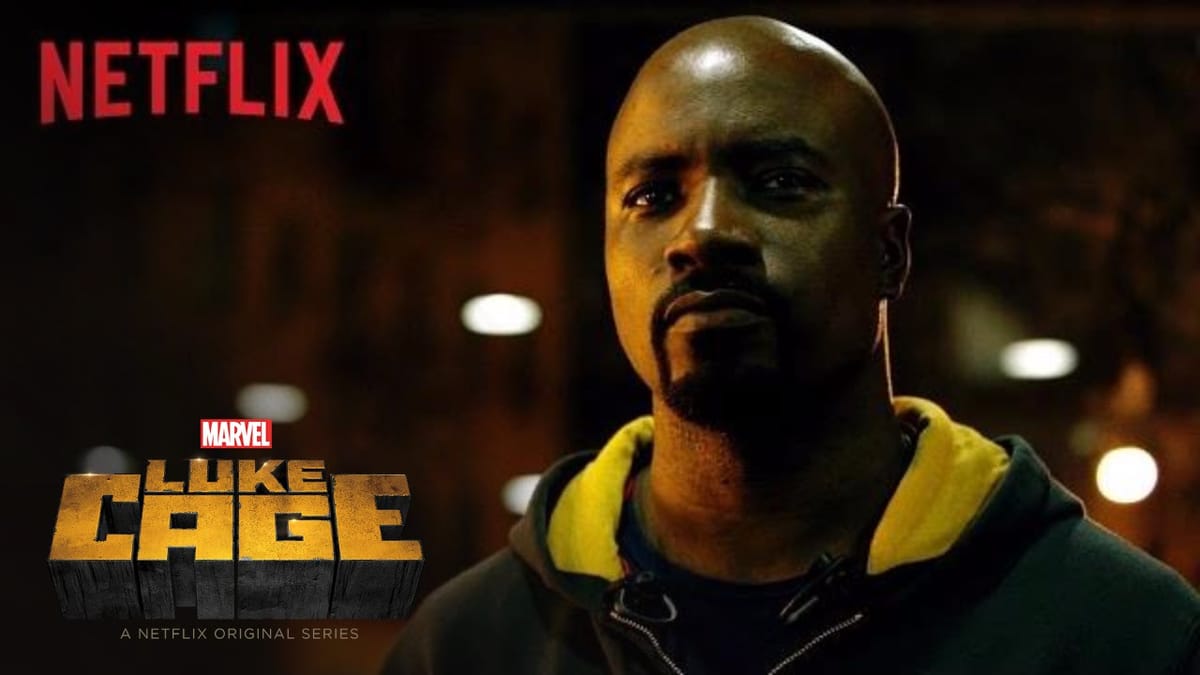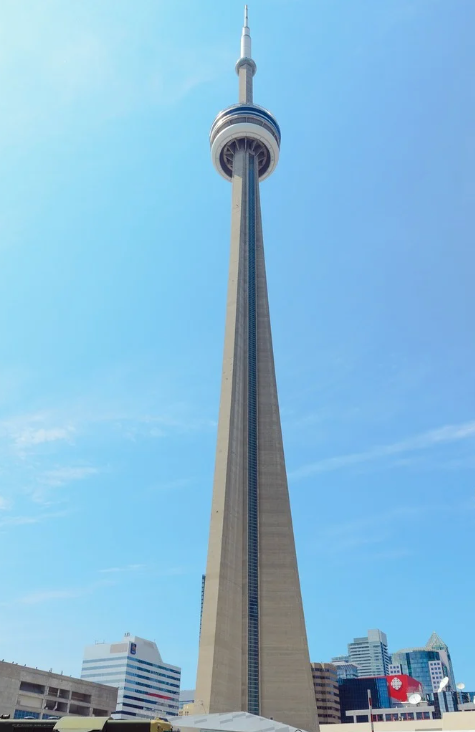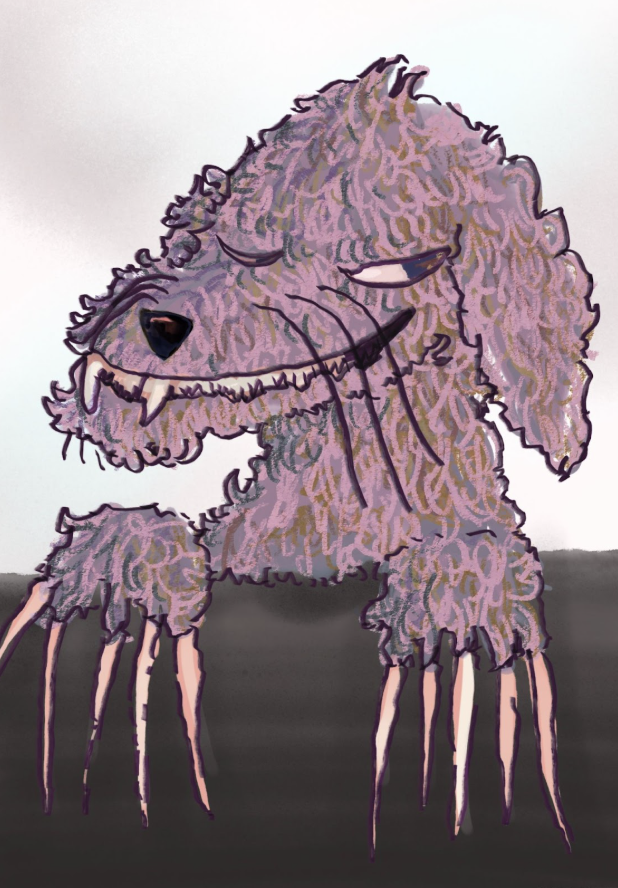Luke Cage Brings Complex, Relevant Social Commentary to Marvel

“Marvel’s Luke Cage” is Netflix’s latest film from the Marvel Cinematic Universe, and while it may not be the best, it is definitely the most important. At times unpolished and rough with repetitive dialogue, the show begins at a slow and steady pace. Its structure is similar to that of “Jessica Jones” and “Daredevil”. However, Luke Cage (played by Mike Colter) is the exact hero our current political climate so desperately needs.
“Marvel’s Luke Cage” delivers a plot driven by complex social commentary on a topic that no other mainstream show has touched: blackness. An emblem of black masculinity with literal bulletproof skin, Luke Cage underscores the vulnerability of black lives created by showrunner Hodari Coker’s shocking imagery and character development set in the microcosm of the world, Harlem. Although viewers may recognize Luke as a key secondary character in “Jessica Jones”, the emotional depth achieved by the intertwining stories of “Luke Cage’s” main characters matches, if not exceeds, the heart-wrenching feelings brought by “Jessica Jones” or any Disney movie ever. Violence and corruption run rampant in Harlem as city councilwoman Mariah Dillard (Alfre Woodard) and her cousin Cornell “Cotton Mouth” Stokes (Mahershala Ali) attempt to maintain Harlem’s African-American status quo through bribery, blackmail and extortion. Initially, Luke actively tries to stay under the radar, and his past is explored through thoughtfully placed flashbacks. However, when evil finds it way into Luke’s barbershop job and his community, he is forced to take matters into his own hands. As conniving and complex as Cottonmouth and Mariah seem, they fall short as antagonists and are often portrayed as goofy, dull-witted henchman. On the other hand, the character Misty Knight (Simone Missick) prevails as an excellent detective and comrade to Luke, working to protect Harlem from both Cottonmouth and Mariah. As Cottonmouth and Mariah covet more power and thirst for influence and fortune, Misty must piece together the crime puzzle that is scattered over Harlem.
Unfortunately, “Marvel’s Luke Cage” stretches itself in too many directions and combines too many genres. Thus, the show’s boundless ambition proves to be its critical flaw. At first, the focus of the plot is constantly shifting, and episodes can fluctuate between a story about Luke’s childhood, a political drama revolving around Cottonmouth and Mariah and a police procedural from the perspective of Misty. Yet, “Marvel’s Luke Cage” ups the ante a few episodes in, attaining a sharper focus. With its divergent storylines, the story eventually manifests into a coherent and unforgiving narrative: the struggle between Luke being perceived as a threat or a hero.
Brimming with confidence, “Marvel’s Luke Cage” stands unafraid to embrace its distinct voice in capturing the spirit and essence of Harlem. From its unmistakable set pieces to its distinguishable hip-hop soundtrack, the music in the series augments Luke’s inner and outer struggles.
Mike Colter instills a sense of still bravado within Luke, making him a powerful character with little self-doubt, and he is able to display hidden depths to a character that tends to be quite reserved. Luke remains at the epicenter of a twisted Blaxploitation genre, centered around whether he can survive in a system wishing to see him vanish. Even when it becomes increasingly apparent that Luke is bulletproof, everyone furiously scrambles to discover other means of hurting him. Set in an atmosphere inundated with dread and hopelessness, “Marvel’s Luke Cage” tackles and displays the impossible standards set upon people of color. Despite all the good Luke may have done, the instant he arouses suspicion, the entirety of New York City’s police force attempts to murder him. Despite the solid alibis Luke may disclose, he always remains a suspect or person of interest. Despite who he tries to be, the past and the present stall his journey towards being a hero.
Luke is an extraordinarily good man who resides in an extraordinarily cruel world. The symbolism within the show is blatantly obvious — as if the audience needs an explanation as to why the world needs to see a bulletproof African-American man walking through a hailstorm of bullets. Nonetheless, “Marvel’s Luke Cage” seeks to dig deeper under the viewers’ skin. The beige-green, bullet-ridden hoodie Luke wears, is a tribute to the death of Trayvon Martin. A suspicious prison experiment, comparable to that from “Deadpool”, takes advantage of unsuspecting and innocent volunteers. Moreover, Misty may be overwhelmingly smart and dedicated, but she carries no real power and is unable to seek justice within a corrupt judicial system. Cottonmouth and Mariah’s grand yet possibly delusional visions of Harlem are torn down by the actions of a racist police force. Cottonmouth and Mariah have seen the stacked odds, and they shatter the laws that chain themselves to their past and transform the system, but they lose their moral compass along the way.
Luke Cage may be a flawed man within a flawed show. Nevertheless, Luke feels more real than any other Marvel character brought to life on screen. After everything he has seen and experienced, Luke still tries to be the hero of his own story. His indestructible black skin helps him survive, but what makes Luke Cage a superhero is his unrelenting fortitude — his efforts to try and try again as the world he lives in gives him no reason to.




Comments ()